Tips for Being Eco-Conscious Now That Large Weddings are Returning
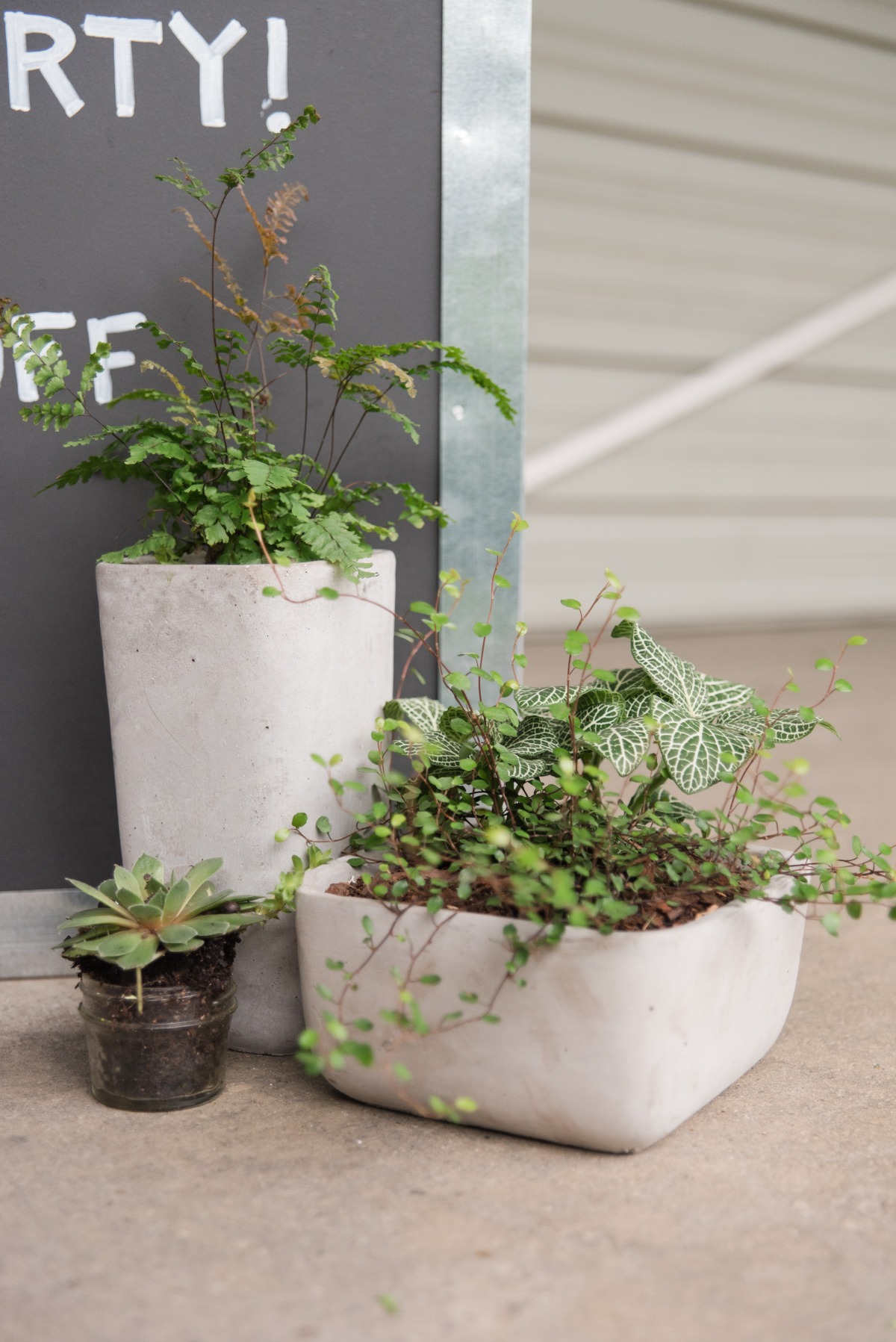
The pandemic shined a light on humans' impact on the planet — for better or for worse. With most people staying home and skipping their usual commutes and travel plans, we actually did see signs that nature was healing.
For many, this drove home the importance of being mindful of our environmental footprint. Like gardening, pickling, breadmaking, and sewing, at-home hobbies were driven by a desire to be more sustainable in life. A lot of people found themselves returning to their roots.
Yet, as we navigate recovery and see large weddings and events return to the scene, the question becomes: How can we go back to what we love doing without the harmful impact on the planet?
The average wedding produces about 400 pounds of waste (Catalyst Wed Co., 2019). That all has to go somewhere — to landfills, to the ocean, and into the atmosphere as greenhouse gases.
But, it doesn't have to be like that. By being mindful of what you purchase and use at your wedding, you can reduce (or even eliminate) the waste and CO2 produced by your celebration. And, don't worry — you don't have to sacrifice the must-have elements you've always dreamed of having. You just need to go into the process with a different mindset: less is more.
Here are a few tips from wedding experts about how to plan a wedding that is all about love — your love for one another and for the planet we call home.
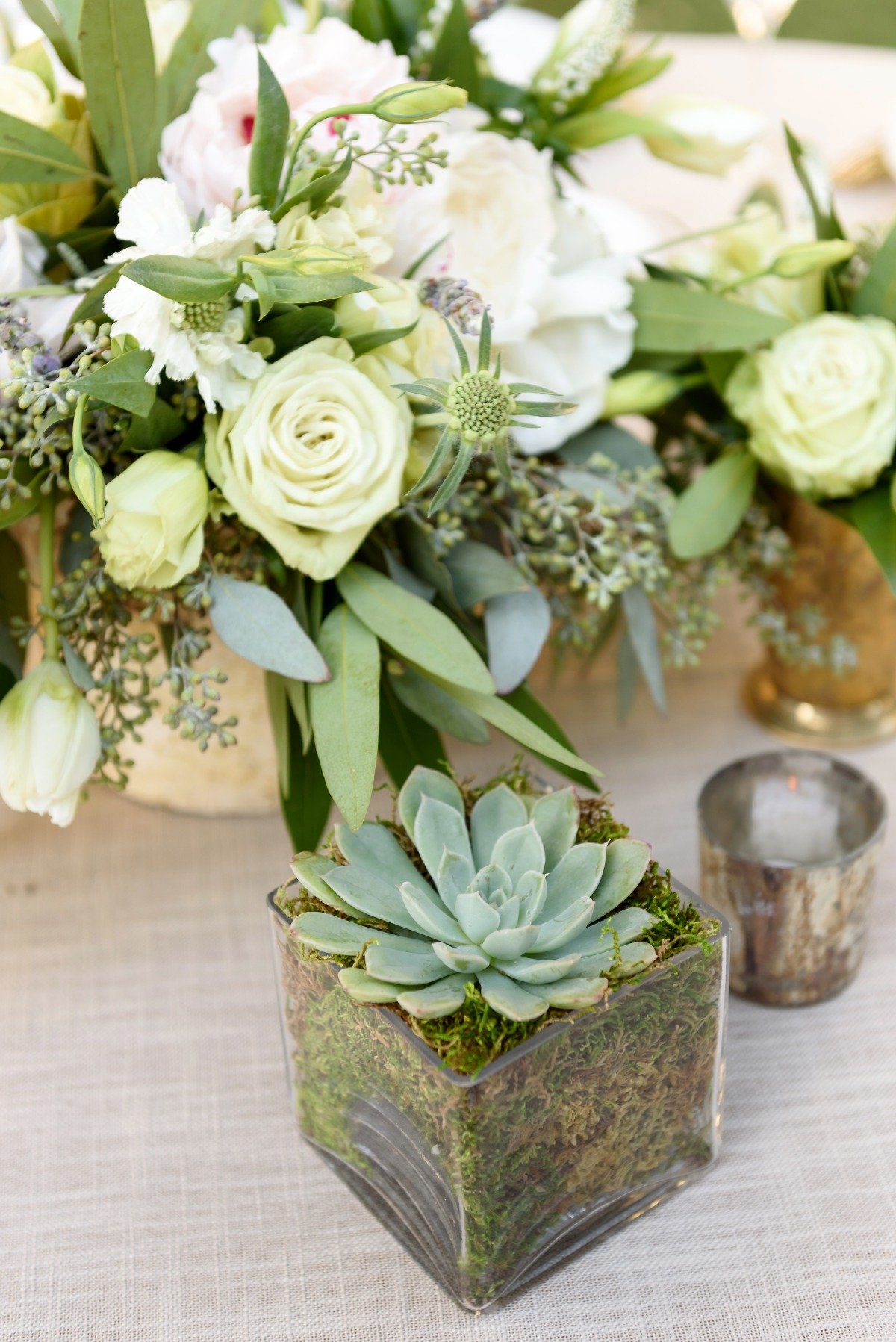
Be cautious with balloons.
Balloons are generally seen as a no-no by environmental experts. However, they continue to be a popular addition to liven up a wedding. If balloons are on your must-have list, consider opting for an eco-friendly alternative to soften the impact.
Kylie Carlson, owner of The Wedding Academy, says: "Balloons look like a chic decor item, especially with new trends showcasing installations or photo backdrops. However, balloons are incredibly harmful to both wildlife and the overall environment. Not only can they cause animal deaths when consumed, but balloons can be the culprits behind major power outages."
Carlson elaborates: "However, 100% latex balloons are biodegradable over time, but they must be disposed of properly. Helium balloons can actually travel thousands of miles, and the waste can be severely detrimental."
Reduce single-use items as much as possible.
One of the best ways to reduce waste at a wedding (and in life, in general) is to limit single-use items wherever possible. Plastic (like cutlery, straws, and cups) and paper goods (like plates, bowls, and napkins) are often underused and sent to the garbage can after one or two uses. A single guest may go through five or six plastic utensils in one day!
"Disposable products that are cheap tend to be crafted from non-recyclable materials, so keep this in mind when choosing your partyware," explains Kimberly Sisti, planner and florist at Sisti & Co. "From renting glassware instead of using paper and plastic cups, to offering guests biodynamic and organic wines with native yeasts."
Sisti adds: "Choosing linens to rent over paper place-mats is a great option as well. Instead of using cocktail napkins, consider purchasing linen ones that can be reused after the wedding. Also, by renting and reusing china, glassware, linens, etc., there is no additional harm to the environment. These products won't end up in the garbage, which in turn really helps lessen any environmental stress."
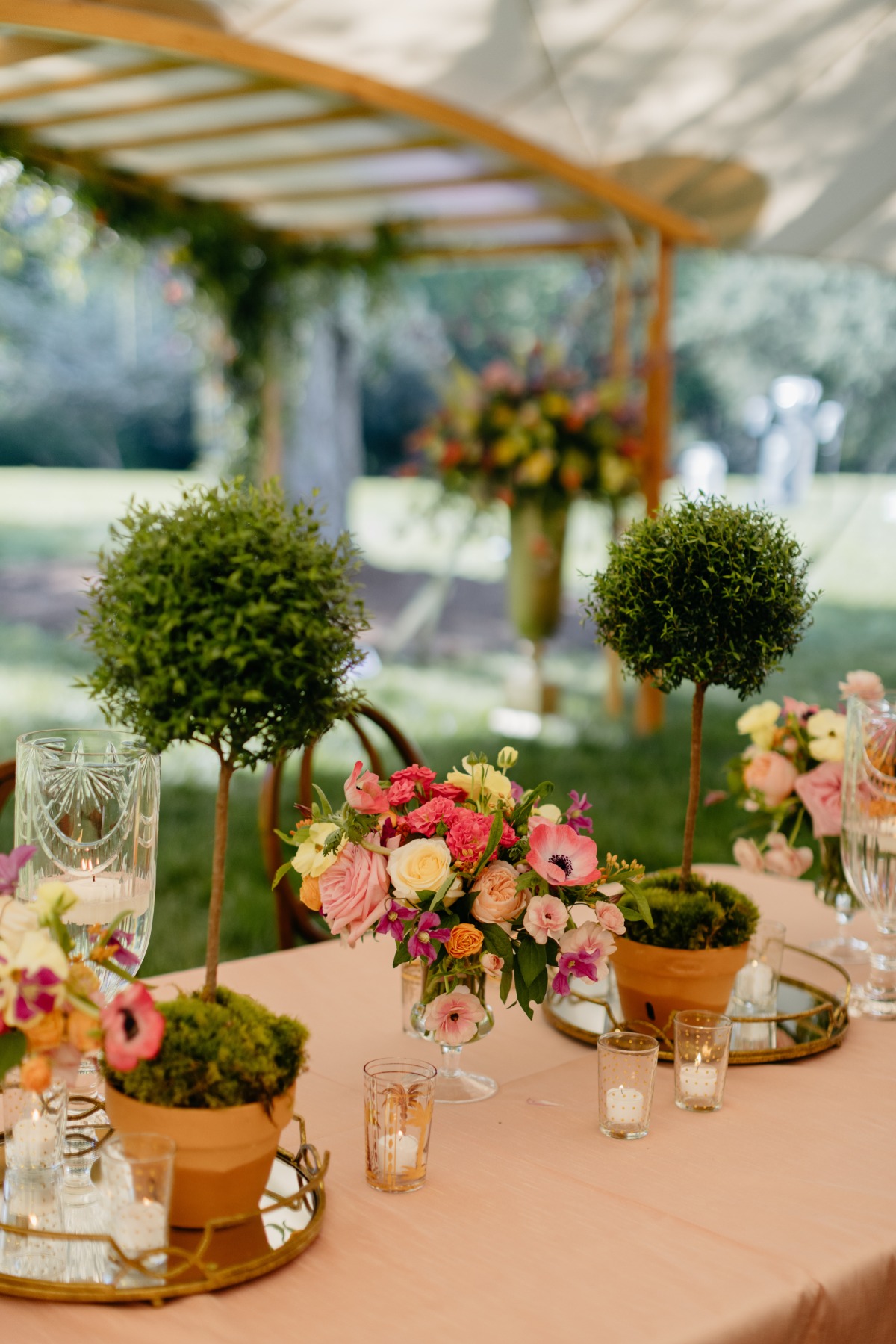
Go natural with stationery.
While e-invites have become common, some couples prefer the traditional route of sending paper invitation suites. Fortunately, there are many ways to go green with one's stationery!
Jordan Kentris, founder and creative director for A Good Day Inc., says: "For stationery, the possibilities are quite endless - from plantable seed papers and recycled/post-consumer recycled papers to non-paper-based materials like reclaimed fabric, wood, and even vintage pieces can be used to create one-of-a-kind pieces your guests will remember while also factoring the footprint of the event."
"For your printed stationery, have pieces that do double or triple duty to save on the number of pieces," Kentris suggests. "Personalize a menu or create chargers that contain both names and menus to create a highly personalized look."
Find alternative disposal methods.
Not everything has to go in the trash, but it's important to understand that not everything can be disposed of in other ways. Prioritizing alternative disposal methods starts when you're shopping and sourcing items for your wedding. Be mindful of how you will discard them after the wedding day, opting for pieces that can be repurposed or recycled.
"Food and flower waste makes up the majority of trash on the wedding day, and it often ends up in a landfill when it very easily could be composted or donated," reveals JoAnn Gregoli, owner of Elegant Occasions by JoAnn Gregli by JoAnn Gregoli. "Talk to your caterer and see what happens to your food waste after the wedding, and make sure there is a plan in place to either donate or compost leftover food."
Gregoli continues: "The same applies to your wedding flowers. If you have bouquets and centerpieces on every table, that's a lot of flowers that will go to waste at the end of the day unless you have a plan for them. They can either be composted along with your food waste, or you can donate them. Try using potted plants or succulents, which will last longer and not wasteful."
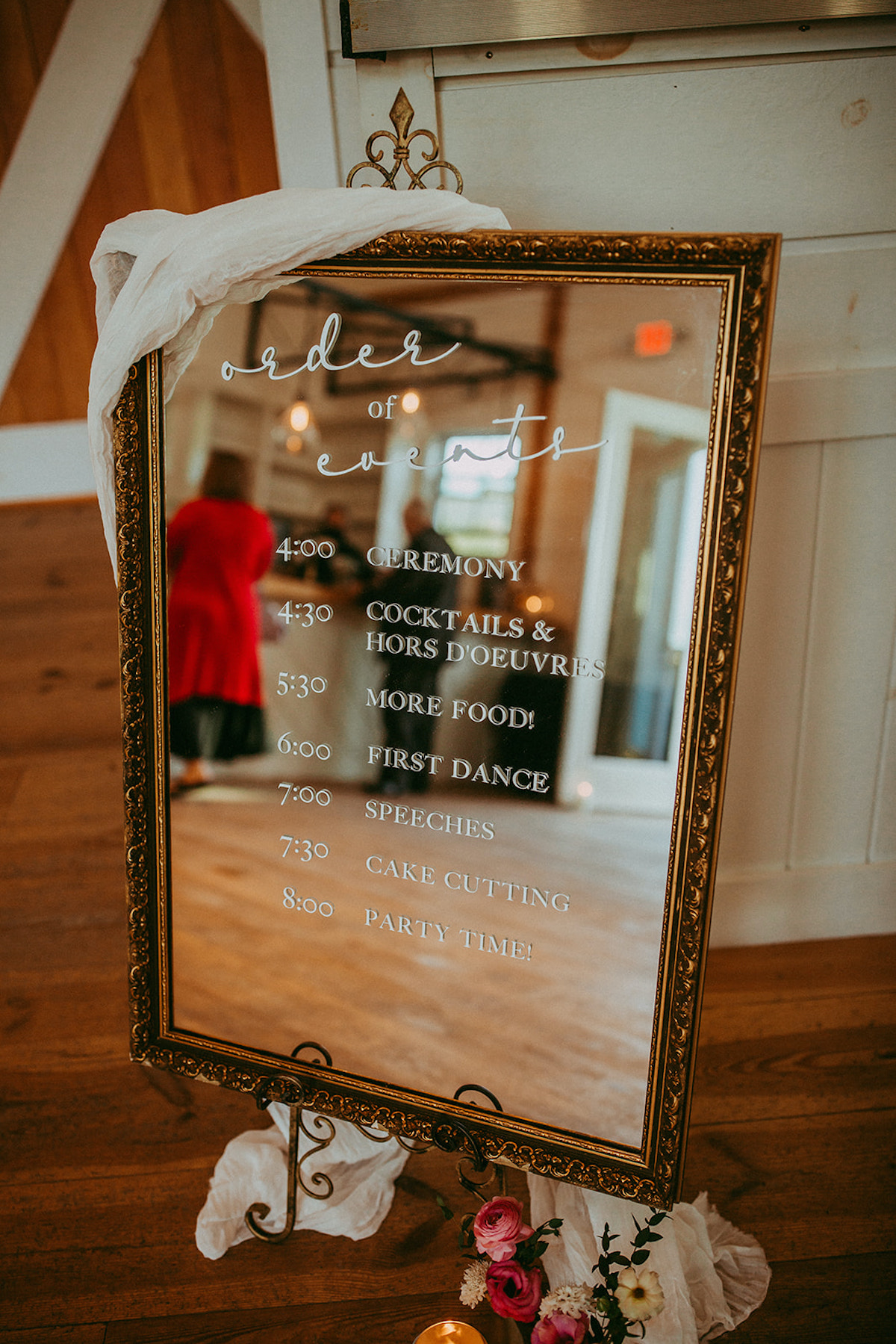
Keep it local.
All of those exotic blooms and out-of-season ingredients cost extra because you have to pay for transportation and storage. But, that transportation isn't just expensive — it also contributes to climate change when a certain food or flower is flown or shipped across the world.
Jen Avey, VP of Marketing for Destination Weddings Travel Group, urges couples to choose local whenever possible: "When planning an eco-conscious wedding, it's always best to stay as local and natural as possible with everything from your flowers, to food ingredients and even day-of wedding attire."
"When it comes to planning your reception menu, we recommend talking with the venue chef to see if plant-based options are available and ensure their ingredients are sourced locally," Avey encourages. "When choosing your flowers, think about what's native to your destination and in season at the time."
You can have the wedding of your dreams while remaining responsible about what you take and put into the world. Be mindful throughout the planning process, assessing your options every step of the way to ensure you select the most sustainable choices for your big day.
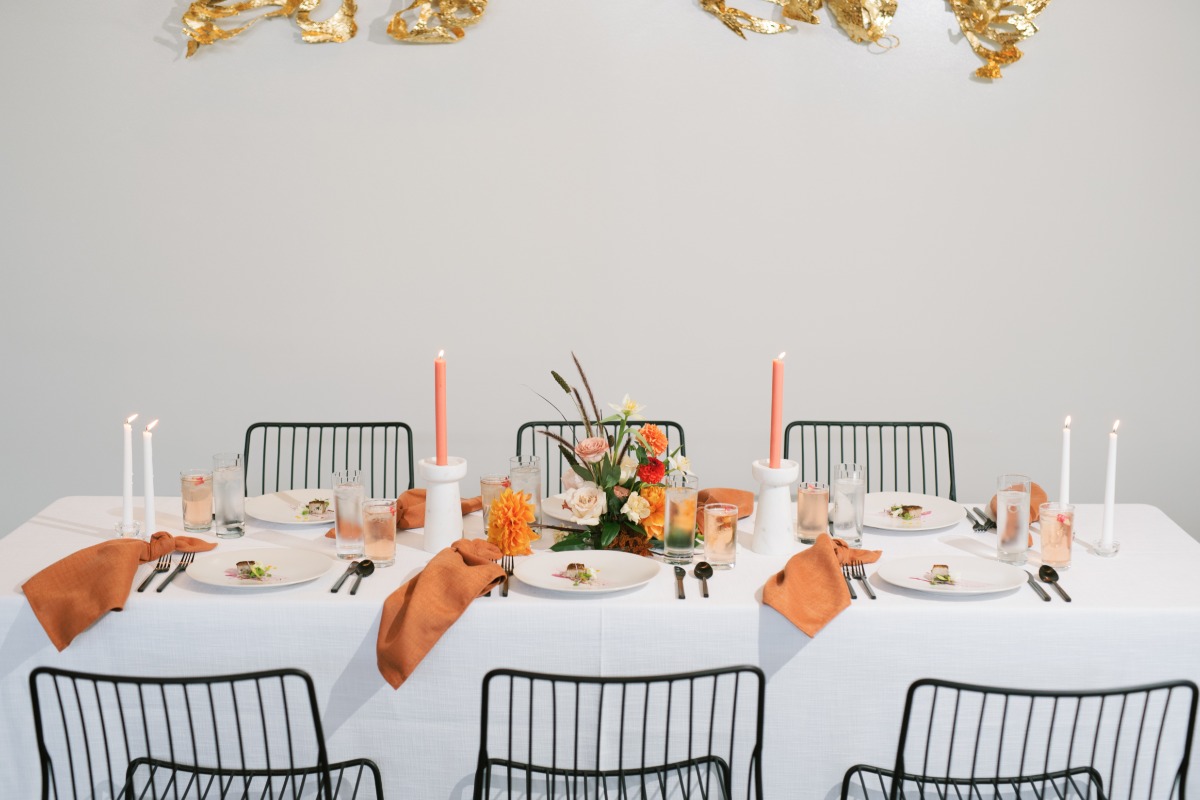
Bio: Meghan Ely is the owner of wedding PR and wedding marketing firm OFD Consulting. Ely is a sought-after speaker, adjunct professor in the field of public relations, and a self-professed royal wedding enthusiast.
- Event Planning & Design: Elegant Occasions by JoAnn Gregli
- Florist & Wedding Planner: Sisti & Co.
- Guest Writer: Meghan Ely
- Paper Goods & Calligraphy: A Good Day Inc.
- Photographers: Jenny DeMarco Photography
- Photographers: Savannah Brown Photography
- Photographers: Julia Wade Photography
- Travel & Transportation: Destination Weddings Travel Group
- Wedding Industry Education: The Wedding Academy
- Wedding Photographers: Amy Kolo